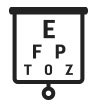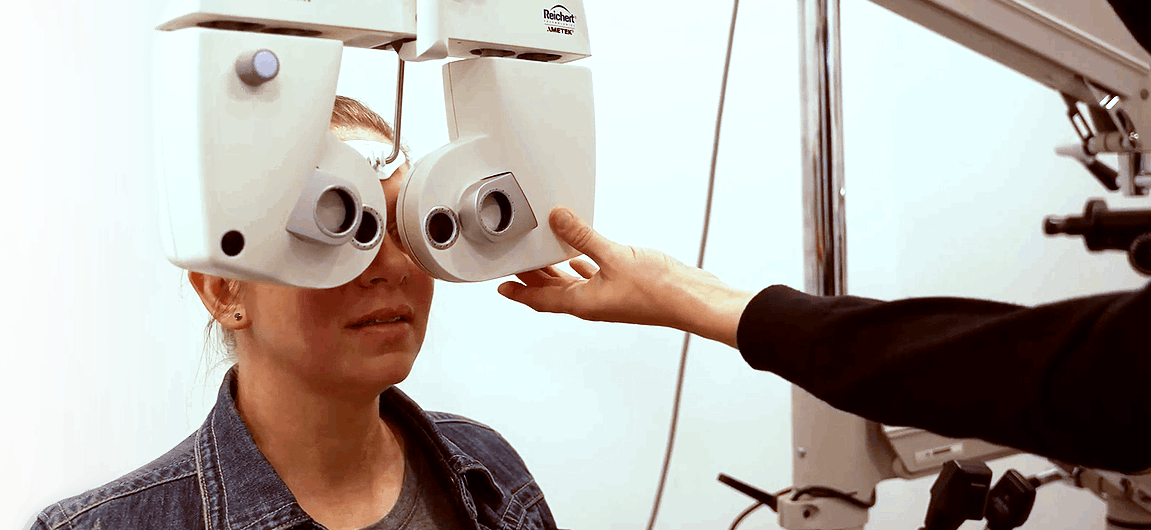Why exactly are eye exams so important?
 Disease prevention & early detection of serious health problems
Disease prevention & early detection of serious health problems Experience healthy, perfect vision at every stage of life.
Experience healthy, perfect vision at every stage of life.
Many eye diseases don’t have obvious symptoms. You might not feel any pain or notice a change in your vision until a serious eye problem has developed. Glaucoma in particular is known for advancing unnoticed until permanent vision loss has occurred.
Health problems including cancer, hypertension, diabetes, and more can be detected during a routine eye exam. By evaluating the health and condition of the blood vessels in your retinas, your eye doctor can be the first one to notice warning signs of systemic diseases.
You might not know perfect vision until you see it. This is especially important to remember for children, as difficulties in academics, sports, and social situations can sometimes be traced back to underlying vision problems.
Extensive use of smartphones, tablets, and computers frequently leads to digital eye strain (aka computer vision syndrome). Symptoms can include dry eyes, headaches, blurred vision, headaches, and even neck or shoulder pain.
Regular eye exams can help prevent or reduce the symptoms of digital eye strain and protect your eyes against long-term effects. Our doctors can prescribe eyeglasses or contacts with lenses specifically designed to counteract the effects of prolonged screen time.
Vision can deteriorate gradually, especially with age. Regular exams and prescription updates keep you seeing clearly and comfortably.
 Patient History
Patient History Vision Tests
Vision Tests Refraction
Refraction Keratometry
Keratometry Tonometry
Tonometry Eye movement tests
Eye movement tests Dilation
Dilation Contact lens exams
Contact lens exams



